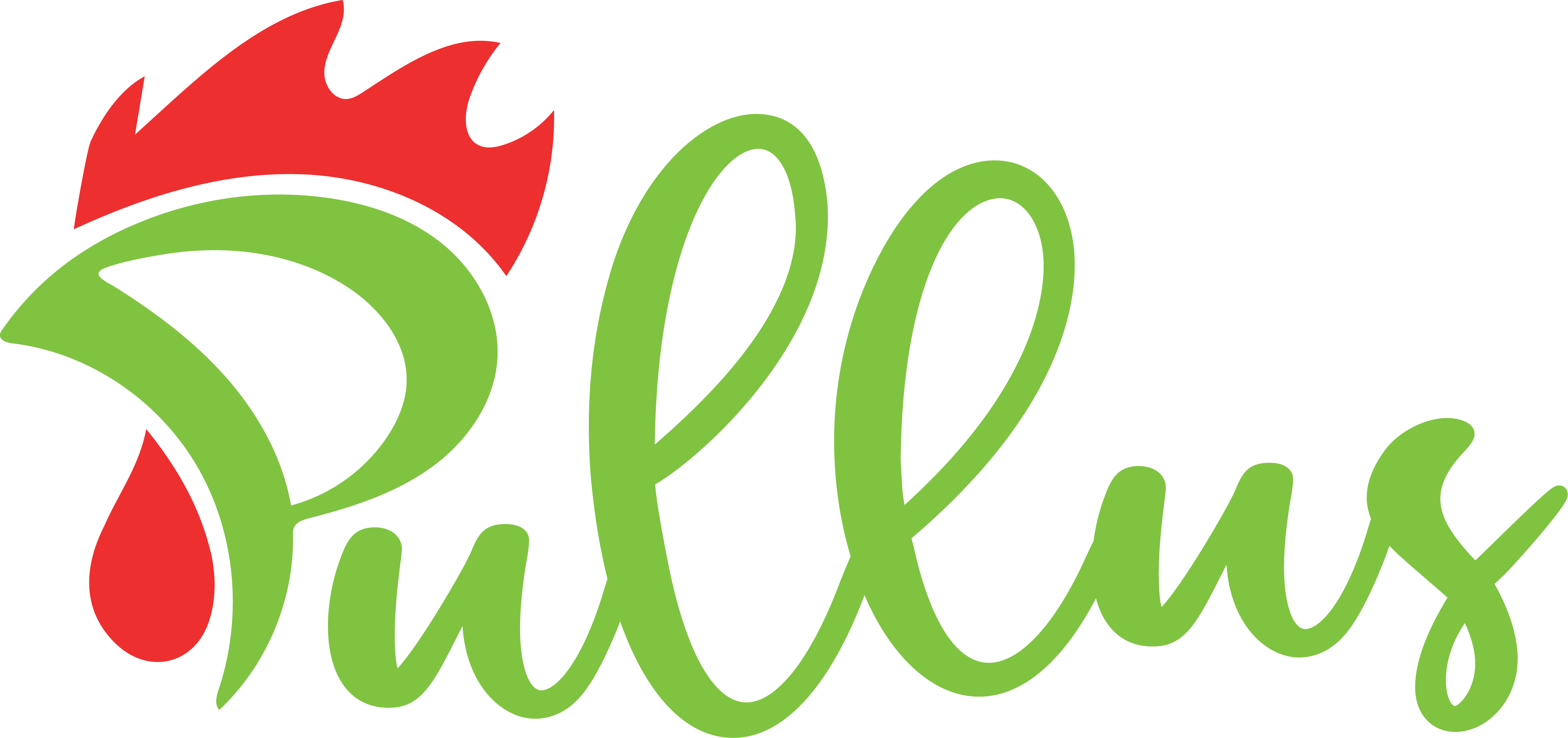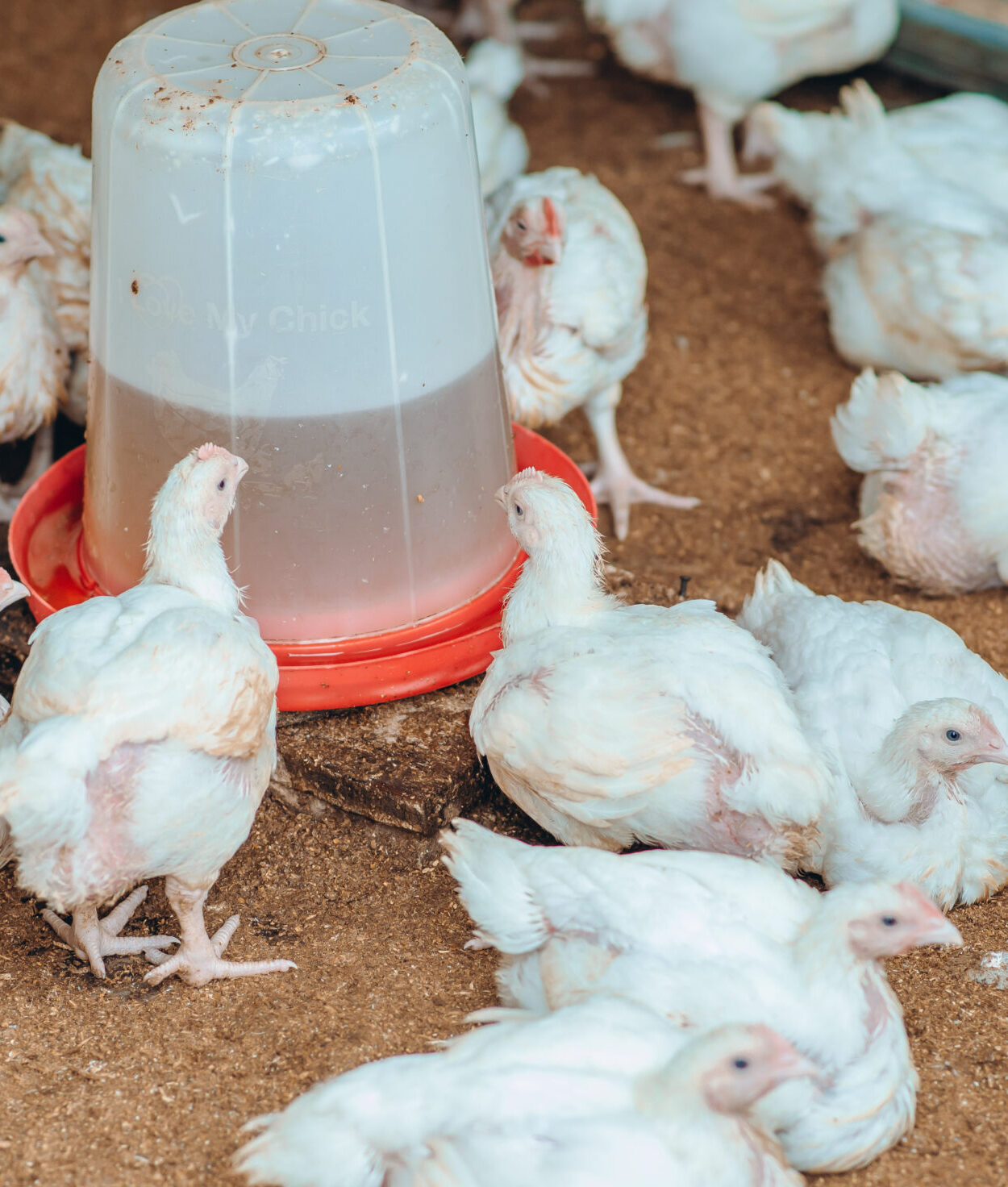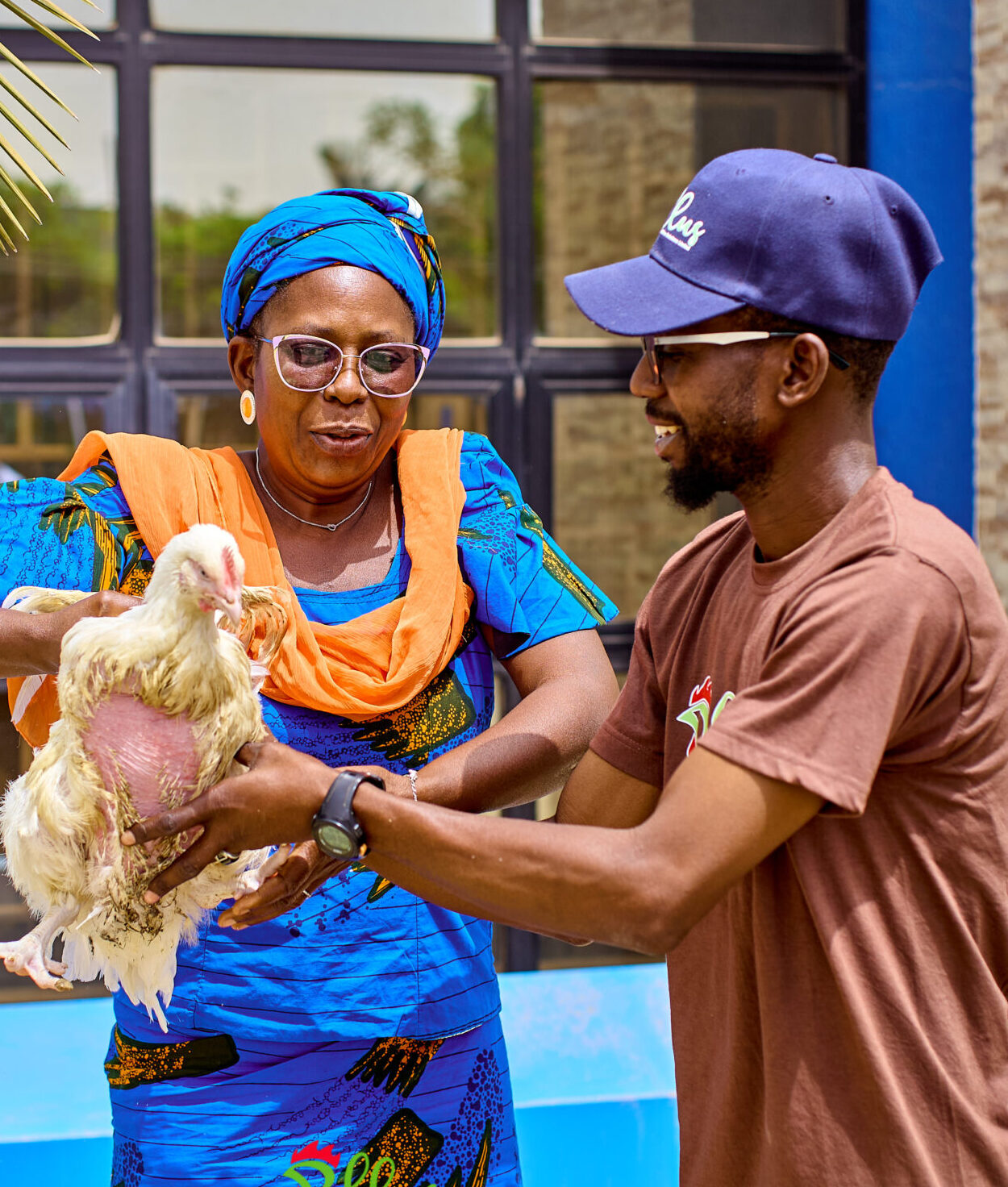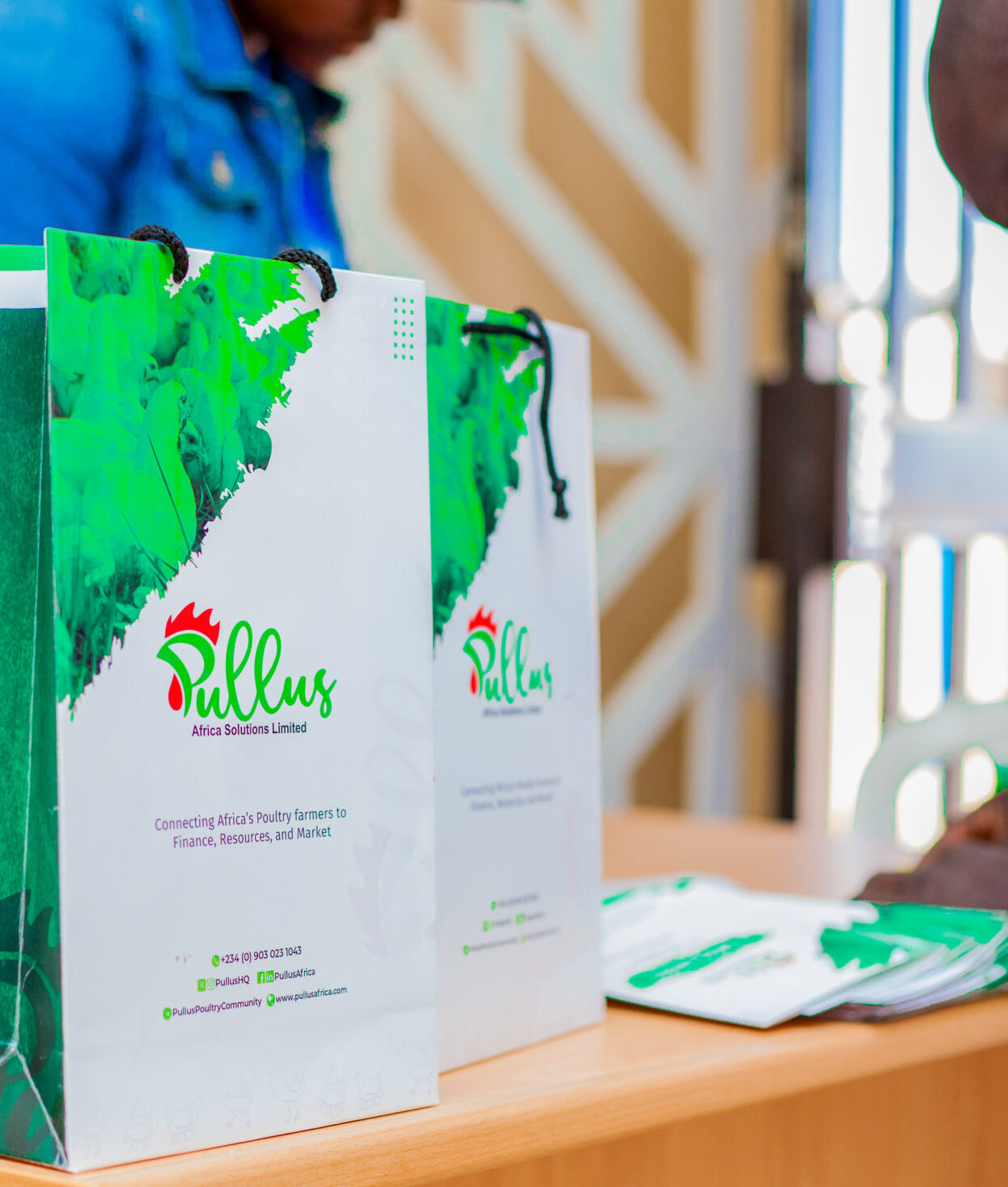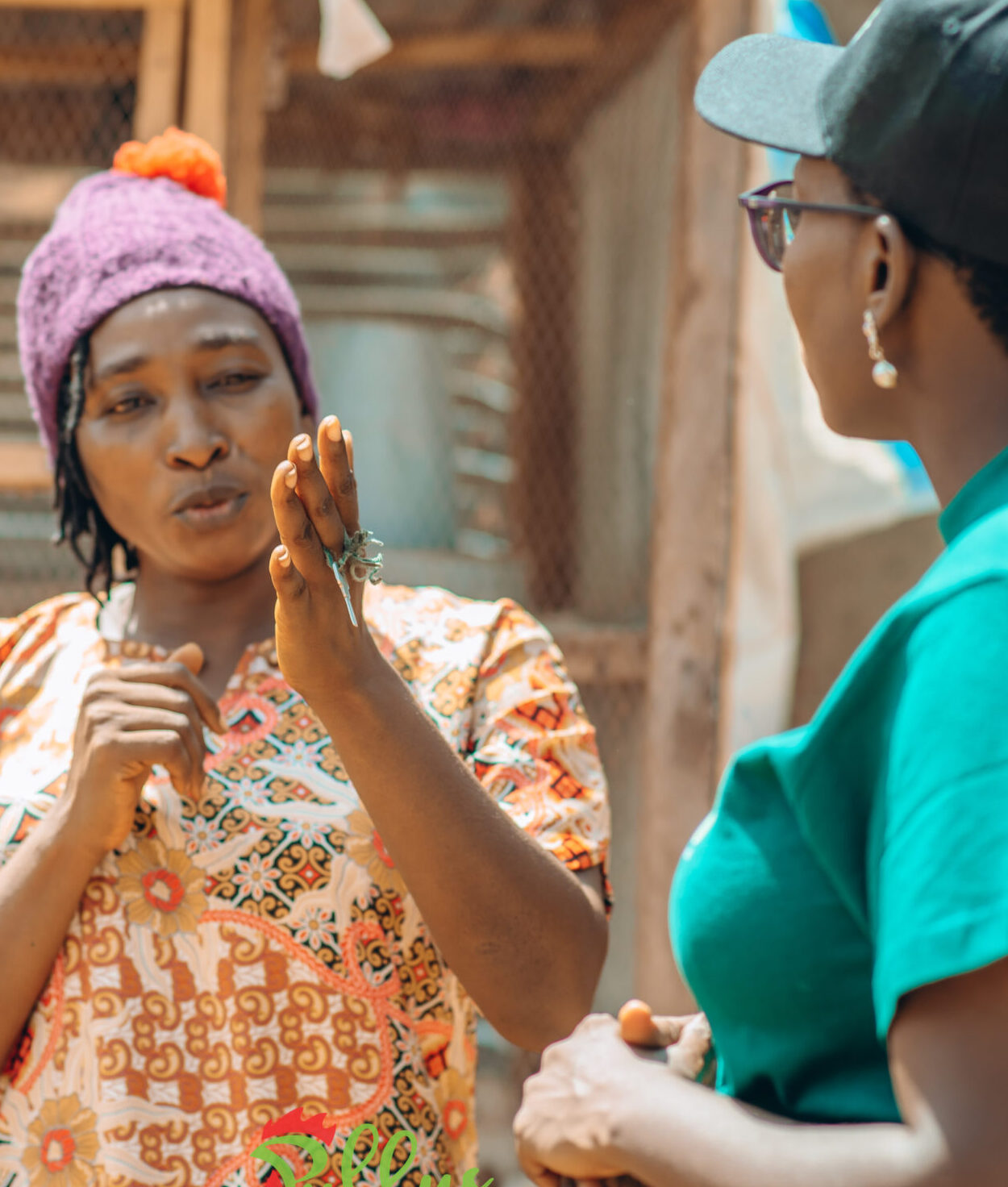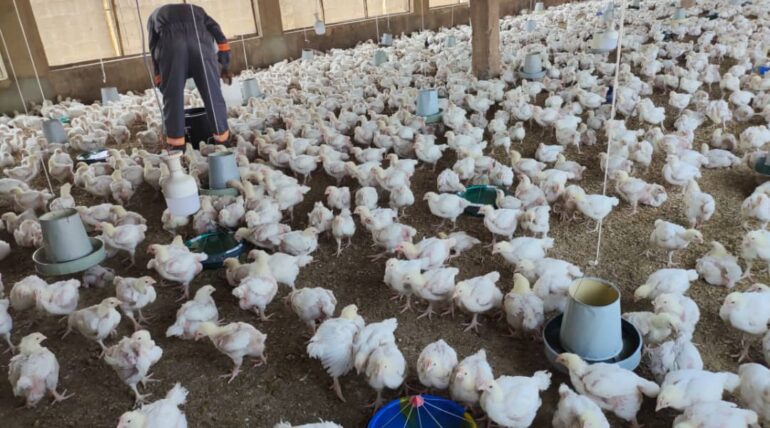
December features a high demand for poultry birds in Nigeria. It\’s a typical festive season rush for both farmers and buyers; farmers rush to grow big birds, and the buyers are under pressure to have an affordable and fun Christmas celebration. In poor and average homes, buying poultry birds for Christmas is the icing on the cake for the festive season. Families use it as a yardstick to judge how good a celebration is ahead of them. They throng the market irrespective of inflation, choosing cheaper alternatives to keep the celebration mood intact.
For many years Nigeria has been experiencing a decline in its economy. In the last two years, it has become worse. So bad that the Nigerian populace actively binges on news and politics–there is increased awareness to vote in only competent candidates capable of alleviating our suffering.
Is Growing Chicken for Festive Sales Still Good Advice?
Stocking birds ahead of festive seasons was great advice until the obvious decline in our economy. Several news reports from 2019 through December 2021 show that poultry farmers lost because of poor evaluation of the demand for poultry birds.
Usually, ahead of the festive seasons\’ poultry farmers stock birds and use a feed conversion ratio that guarantees robust birds by December. The resultant effect is pricy but weighty birds. People could bear to pay more for these birds in the past, but in the last five years, they have found other alternatives to poultry birds (broilers).
The prices set by poultry farmers are far-fetched; festive seasons feature a general inflation in the prices of commodities. This means that inputs like feeds, vaccines and other production costs affect the prices they set during the festive season. Day-old chicks that sell for about N500 went as high as N1,000 this year!
The Current State of Nigerian Poultry Industry Vs Festive Season Rush
To understand why the myth that selling birds during the festive season sells, we must examine the current state of the poultry industry in Nigeria. Currently, Nigeria is experiencing a \”recession\” and gross inflation in the prices of commodities and services. The pandemic further exacerbated the recession and took many poultry farmers out of business.
The prices of feed have increased by a whopping 168%. Vaccines and other inputs affected by the dollar rate have also increased exorbitantly. A few days back, the naira devaluation hit an all-time high of 800/$. This was after the central bank announced its intention to withdraw old currencies and release new currency notes. Barely a week after, the naira was further devalued. By December, we can expect more devaluation of our currency. This means the prices of inputs and the cost of production will keep increasing before the festive seasons.
Nigeria is currently experiencing food inflation, and the recent floods mean more food prices will be hiked by 2023. The prices of eggs and poultry meat are included in the inflation the economy is experiencing. The future is bleak. Nothing will get better soon. These realities and the behavioral pattern of consumers during the last three festive seasons suggest that we can expect fewer purchases of poultry birds for festive seasons. Even worse, we are at risk of making catastrophic losses during an economic recession. In clearer terms, the demand poultry farmers anticipate is a dream that won\’t come true.
Festive Season Rush -Pullus\’s Solution
Before any business endeavor, poultry farmers must make a market forecast. A market forecast that does not reflect the realities of the target consumers is an illusion. Before we present probable solutions to the December rush myth, we must examine demands.
What does demand look like at the moment? The ongoing general inflation of prices of commodities and services has affected Nigerians. The economy is harsh and unkind to many who don\’t make enough money to meet up with their bills. Many of these consumers are experiencing a high cost of living but haven\’t gotten any raise in their wages/salaries.
During inflation, more money chases fewer commodities or services, forcing citizens to choose cheaper alternatives and necessities. For example, despite ongoing food inflation, Mr. Akpan still receives N20, 000 as a night guard. This explains why consumers opted for local chicken or layers during the 2019 festive season.
It\’s a fact that there will be less demand for poultry birds by December. Poultry farmers should rear limited birds, reduce production costs significantly, and prepare to sell birds at a fair price (a price good for them and the consumers). A very unpopular opinion is to not rear birds if it\’s unprofitable for you—no one can hold you to ransom for not rearing birds.
Closing Thoughts
What if your farms can assess the demand at different prices ahead of the festive seasons? Or launch a pre-order campaign for consumers to pay installmentally for birds ahead of the festive seasons? Times like this further confirm the need for farmers to leverage technology, and this is what Pullus seeks to do. Our solution cuts off middle men, and presents a direct path to premium markets that make poultry farming profitable for farmers.
Whether these options are workable or not, the fact remains that poultry farmers must embrace technology. Tech savvy populace has the cash flow to bear some of the production cost farmers struggle to foot. After all, digital means more reach beyond your immediate environment. What could be better?
